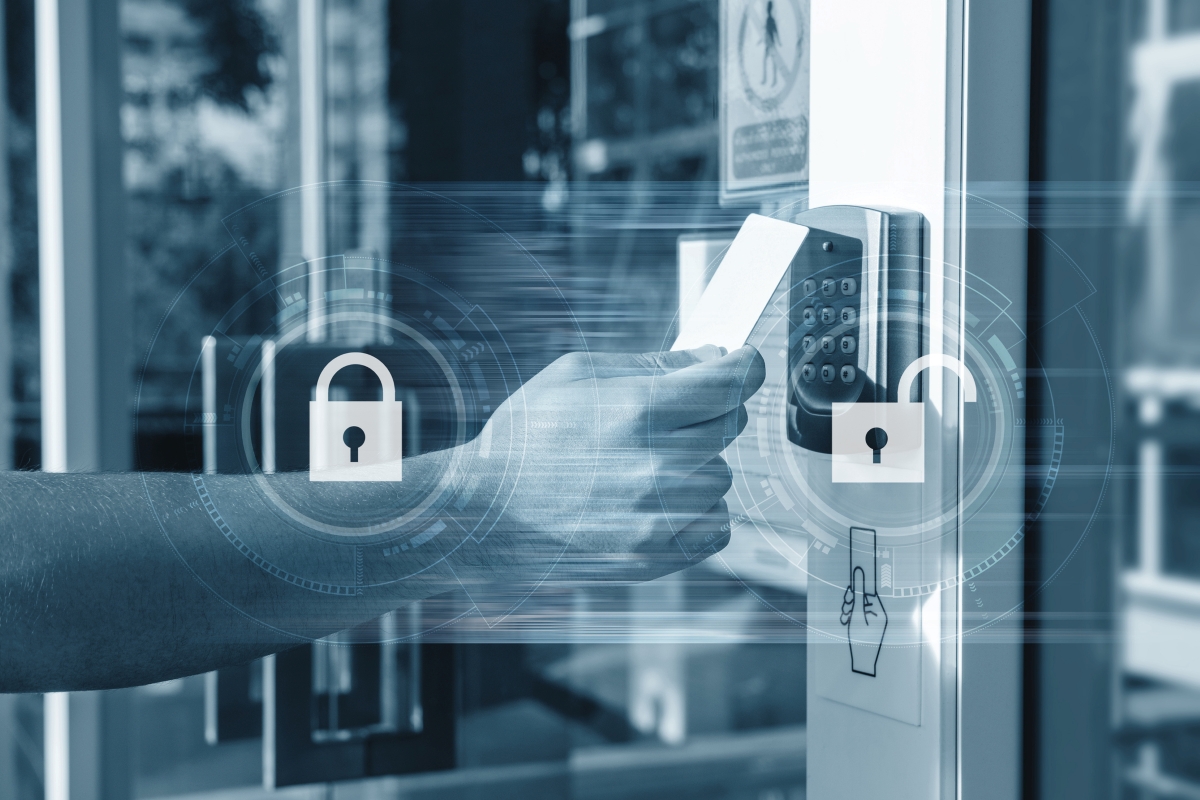
by Seth Berger
Perhaps no concept has been more influential since the invention of computing technology than artificial intelligence (AI). AI has had a significant impact on every industry, as it can automate many tasks that were previously performed by humans.
It is safe to assume that AI will impact physical security as well. I believe AI will only make us safer by making electronic security systems proactive rather than reactive.
It is safe to assume that AI will impact physical security as well.
In integrated electronic security systems, various security solutions are consolidated at a centralized location, such as physical access control systems (PACS), intrusion detection systems (IDS), and video surveillance such as CCTV. Combining data from these various systems would, as you can imagine, require diligent monitoring to ensure that all alarms are addressed.
The data generated in a Security Operations Center (SOC), for example, is difficult to monitor reactively, even with a team of dedicated staff. AI can enhance security by providing real-time analysis as well as automating routine tasks that might otherwise occupy SOC monitoring staff. In addition, AI can learn patterns in movement and activity to detect anomalies, allowing staff to be more proactive in securing people and facilities.
AI can enhance security by providing real-time analysis as well as automating routine tasks.
As electronic security systems become smarter through the use of artificial intelligence, the organizations that adopt these technologies will be better prepared to address evolving security threats.
As contractors, we work to meet or exceed our customers’ expectations. We focus on requirements, metrics, schedules, and, of course, budgets. We work hard to always provide exceptional customer service. It’s what we’ve been doing for years as a contractor — and what you’ve probably been doing, too.